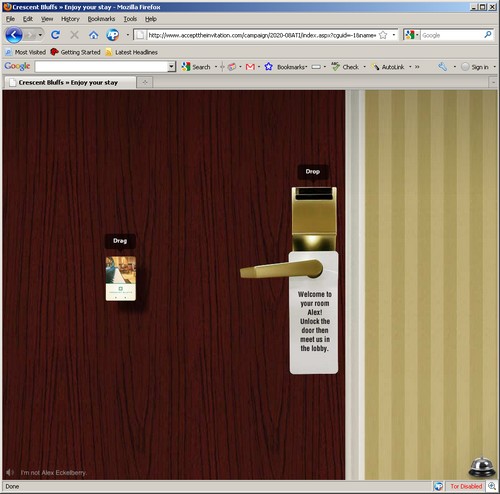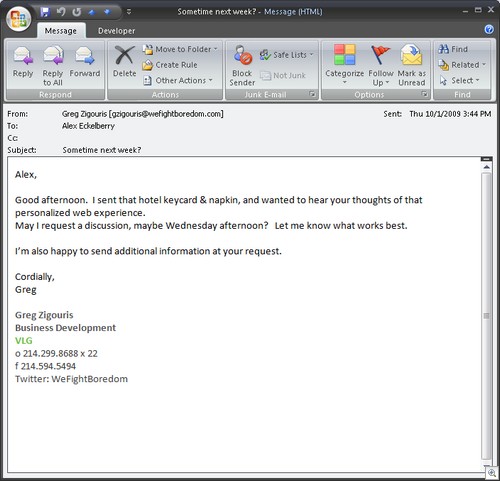
Jon Oberheide, a security researcher and PhD candidate at the University of Michigan, has gone public with an application (exploit?) to disable the censorship capabilities of Green Dam Youth Escort. It’s called Dam Burst.
According to the Oberheide web site, Dam Burst (v 1.2, tested on Green Dam 3.17), doesn’t need administrative privileges to disable Green Dam censoring functions.
His site notes a security benefit: “As a pleasant side effect, disabling the Green Dam components within a running process actually increases the security of the end host as the vulnerable code paths within the Green Dam software are no longer exploitable by an attacker.”
Sunbelt Software considers Green Dam to be spyware and our official description is:
Green Dam is system monitoring and content filtering software that blocks disapproved content on the local PC as well as incoming and outgoing network traffic.
About two weeks ago, schools in China were removing the Internet monitoring software because it was interfering with educational software. (Sunbelt Blog entry here.)
In mid August, Chinese Minister of Industry and Information Technology, Li Yizhong, reversed the requirement that all computers were required to have it, but Green Dam was to be installed just on school computers and those in public places. (Sunbelt Blog entry here.)
If you’d like to read the whole crazy story, search for “green dam” in the search box on the bottom of the right column on the Sunbelt Blog page.
Green Dam has been SUCH a fun disaster to write about.
Tom Kelchner











